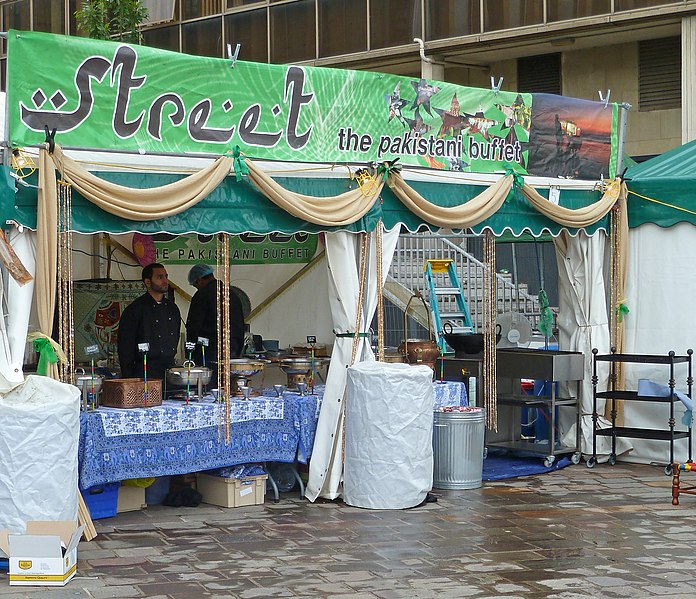
A recent study indicates a significant decline in cousin marriages within Bradford's Pakistani community over the past decade, citing reasons such as higher education, evolving family dynamics,
and alterations in immigration regulations.
Juwayriya Ahmed, a 52-year-old teacher, recounts her experience of being married to her cousin in 1988, a decision largely orchestrated by her parents without much personal acquaintance beforehand. Her children, however, vehemently oppose this tradition, marking a generational shift in perspective.
Research initially indicated that about 60% of babies in Bradford's Pakistani community were born to parents who were first or second cousins. However, a follow-up study conducted in three inner-city wards portrays a decline to 46% over the years, pointing towards a significant shift in societal norms.
Dr. John Wright, leading the Born in Bradford research, notes this shift as a move from cousin marriage being the norm to becoming a minority practice. This shift is projected to potentially reduce congenital anomalies among children born within this community.
While cousin marriages are prevalent in Pakistan-administered Kashmir, a noticeable generational shift has emerged within the Bradford community. Younger individuals are increasingly resisting arranged marriages, particularly cousin marriages, leading to tensions between generations. This resistance is attributed to exposure to diverse viewpoints and the influence of British societal values.
The study, tracking the health of mothers of Pakistani heritage in Bradford, highlights a decline in cousin marriages, particularly among those born in the UK and those pursuing higher education. Reasons for this decline range from increased awareness about congenital anomalies, prolonged education influencing choices, changing family dynamics, to stricter immigration rules affecting spousal migration.
However, some, like Ayesha, who faced challenges due to immigration rules, still value cousin marriage as a tradition. Yet, her younger sisters have consciously opted for marriages based on personal choice, indicative of a shift toward individual autonomy in selecting life partners.
Dr. Aamra Darr, a medical sociologist, emphasizes that while cousin marriage is a risk factor for congenital anomalies, it is not the direct cause. She highlights instances where health workers wrongly attribute a child's illness to cousin marriage, reflecting cultural biases and the politics of health and race.
This decline in cousin marriages in Bradford's Pakistani community underscores a broader shift in societal values, driven by education, evolving family dynamics, and exposure to diverse viewpoints, signaling a changing cultural landscape. Photo by Flickr user:Tim Green aka atouch, Wikimedia commons.



































